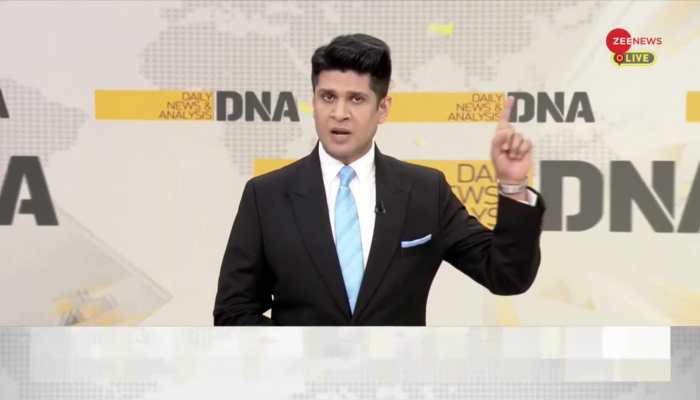Neglecting underlying unity in cultural diversity can backfire: RSS
The editorial in 'Organiser' said the joining of academics, culture, scientific community and media in creating this perception game is "double standards" aimed at thwarting the process of development with cultural ethos.
Trending Photos
)
New Delhi: RSS's organ has warned that neglecting underlying unity in our cultural diversity can push the country towards violent anarchy as it linked the current protests against government on intolerance to Bihar polls.
The editorial in 'Organiser' said the joining of academics, culture, scientific community and media in creating this perception game is "double standards" aimed at thwarting the process of development with cultural ethos.
"The design of double standards on issues of 'ban' and 'intolerance' is aimed to thwart the process of development with cultural ethos. All these eminent personalities should realise that Bharat is not Pakistan because organisations like RSS exist here.
"The very essence of Hinduness propounded and propagated by RSS will not allow us to follow the disastrous path of monotheism. At the same time neglecting underlying unity in our cultural diversity can backfire and push us on the path of violent anarchy," it said.
The editorial "The design of double standards" further said that all these patterns reveal the ideological intolerance of these sections towards all that is Bharateeya values, ethos, culture and practices which describes the soul of the nation.
Noting that perception building is a part of electioneering and every political party uses various tools to create perception in its favour, it said, "With Bihar elections around the corner, attacks on writers and 'beef-ban' suddenly became national issues."
The RSS organ said since the 2014 general elections, one finds an interesting behavioural pattern of certain sections of elite that needs to be questioned and certain sections of elite, in academics, culture, scientific community and even media have joined this perception game.
"As a democracy they also have every right to have their political affiliations and opinions but why this hypocrisy of creating divisive hype is the real question. The pattern is very clear," it said.
Much before Lok Sabha elections, many of these 'eminent' personalities had made their intolerant intentions clear and they appealed against voting for Modi-led BJP, it said.
"They also tried to create international opinion against the pro-Bharat ideological position through lobbying and petitioning. When their desperate attempts failed miserably, they are up to new tactics now," it said, recollecting that since the Delhi Assembly elections "a fabricated phobia is being created to tarnish the image of the government".
The editorial also said that during Delhi polls, attacks on churches had erupted as an issue although nobody spoke about it after the elections. Similarly, the issue of Jammu versus Kashmir and the hanging of convicts like Afzal Guru were played up as issues during Jammu and Kashmir polls, it added.
The editorial also claimed that the next round of returning of awards has begun as, after literary czars, scientists and filmmakers, most of them with known political affiliations, have entered the fray in a dramatic attempt to corner the government on the issue of 'intolerance'.
It said people who are opposing the ban on cow slaughter are demanding a ban on RSS, and scientists like PM Bhargava have gone to the extent of saying that 'Bharat' is on the way to becoming Pakistan as they demanded a ban on RSS allegedly for fanning a sense of fear among minorities.
Stay informed on all the latest news, real-time breaking news updates, and follow all the important headlines in india news and world News on Zee News.
Live Tv







)
)
)
)
)
)
)
)
)
)
